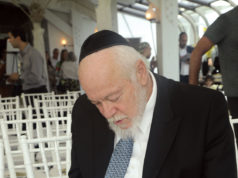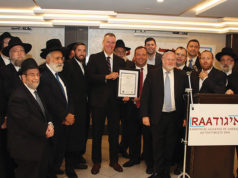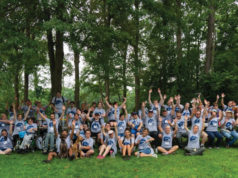
I recently had the honor of taking part in a life-changing trip to Africa, facilitated by the dedicated staff at the Sephardic Community Center. I was part of a group of young adults who raised funds to provide clean water for the village of Bumayi, Uganda. In conjunction with the Israeli charity, Innovation Africa, we worked to install a solar powered pump to extract water from aquifers beneath the ground, so the people who live there could enjoy clean water.
We were greeted by hundreds of men, women and children with bare feet and big smiles, singing Mwene dala asangala khubakeni basangale, which translates to “let the happiness our guests came with stay with them when they exit.” This reminded me of Debarim 28:6, “You shall be blessed when you come, and you shall be blessed when you depart.”
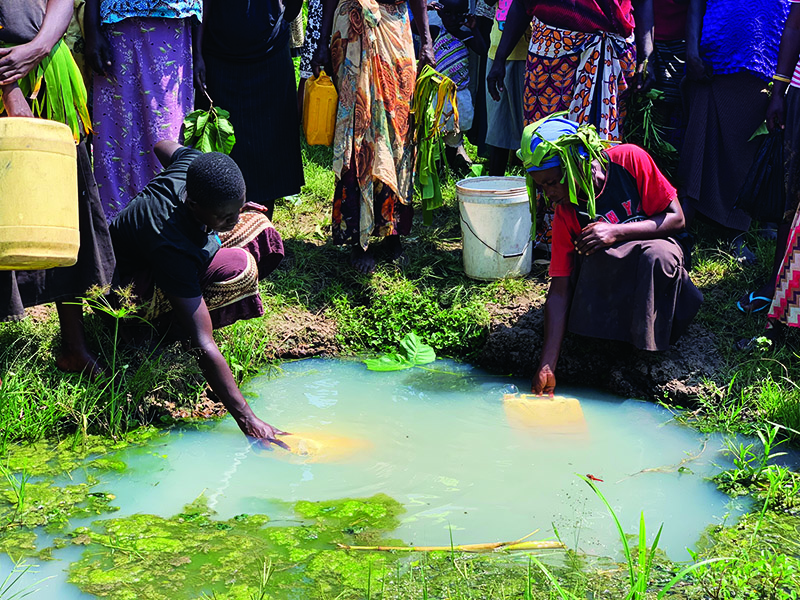
On our mission, we visited three towns. The first, Tororo, had an abysmal water supply, and nearly no aid. The second, Bumayi, was where we were bringing the technology—it also had a horrific water source—that they would never have to use again, and the third, Bukalikha, has had a clean water supply for some time. Each of these towns greeted us with cheers and songs.
While walking in the first town, I was exposed to the bareness of sub-Saharan Africa. The ground was covered with stems and branches, and the heat of the sun must have made it scorching hot. My Reeboks protected my feet, but next to me people walked barefoot. This made me thankful for shoes.
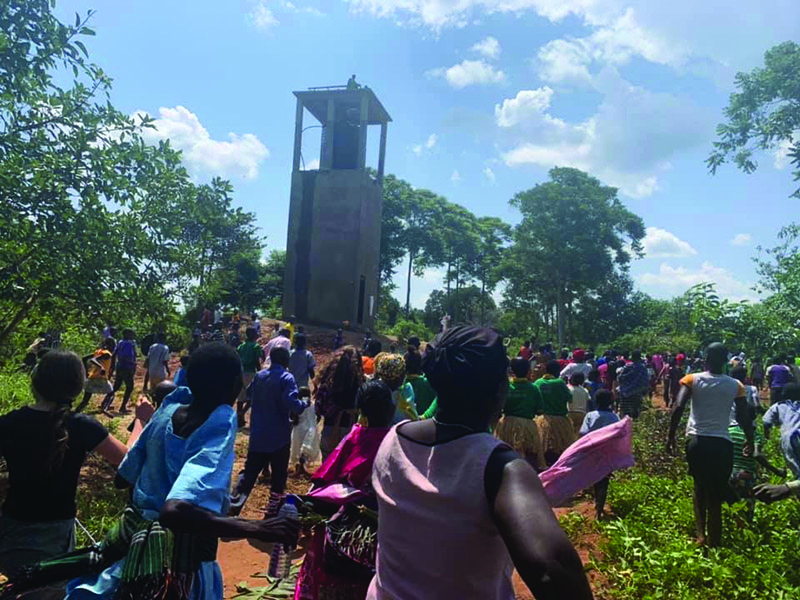
After seeing the contamination and dangerous water source of the first town, we saw the same at the second. The difference being, we brought a solution to Bumayi. Thanks to miraculous Israeli technology, we brought life-saving, thirst-quenching, sanitary water. The villagers could not have been more thankful.
Our first stop in Bumayi was their former water source; it was oozing algae. Three women were elected to tell us about it. One woman described how scorpions and snakes lurking in the water would scare her off, and she would often go home without water. Another woman told us that her husband was always angry that she would take so long to get the water, however it was the third woman who moved me. On her back was her child. After affirming everything the other two women said, she turned her child around and showed us his back. Sadly, it was covered in boils, pimples, and rashes, which came from being washed with the contaminated water. She then fell to her knees. A sign of maximum thanks, according to our translator, and praised us for bringing clean water.
In front of us was this woman, on her knees, grateful to us. Sure, bringing a village in need of clean water the technology they so badly needed, was nice, but to the point of kneeling before us? I didn’t know what to think. Was she overestimating the gravity of what we brought? Was I underestimating the same? The truth was that I underestimated how our water project would help the villagers. This woman would be able to wash her children with clean water, which would make them healthier. Our help would better her children’s lives, which is priceless.

Later, we celebrated and turned on the water pump. There was more singing and dancing. I showed a little boy that he could drink directly from the new water source, an idea that was clearly foreign to him. For the first time he drank running water.
The following day we visited Lwaboba Day School. The walls of the classrooms were deteriorating, much like the books and paper they had. So, they were thrilled to learn that we brought them desks, and we helped install solar panels to provide the school with power. We brought them light, which illuminated more than the classrooms—every face in the room was lit up with joy.
Leading up to my trip, and even following it, people asked me, why Uganda? Joey Tawil, the Center’s CEO, explained: “Charity begins at home, but it doesn’t end there.” I had a more personal reason. In my graduation address at the Yeshivah of Flatbush, I wished for my fellow graduates to go out and change their world. When a unique opportunity to change the world came along, I seized it. I did my best to improve the impoverished lives of the villagers in Uganda.

